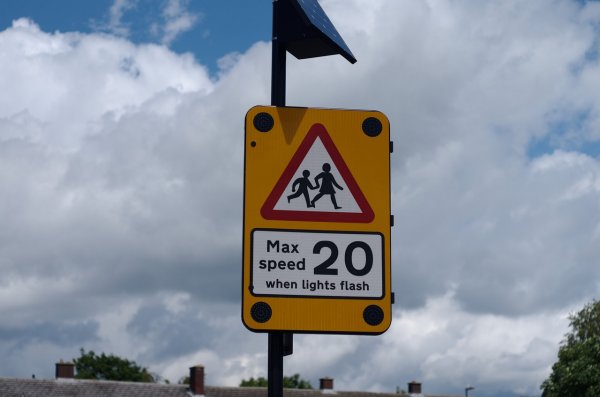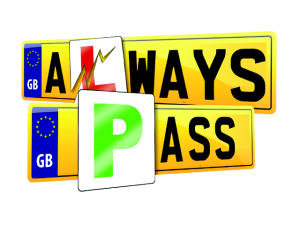The First Speeding Ticket
The first speeding ticket was given way back in 1896. Back then the speed limit was a heady 2mph, and the law required you to have a man with a red flag walking in front of your vehicle. Walter Arnold was driving without this precaution at a heady 8mph! Of course the police man that caught him to give him a ticket was on a bicycle, so it must have been the slowest police chase that you can imagine!
The publicity that surrounded this case when it reached court didn’t do Mr Arnold any harm, he had to pay a 1 shilling fine plus costs, but at the time he was one of the earliest car dealers in the country. Having shown how fast you could travel in one of his new cars the publicity created a great demand for his Arnold Benz horseless carriages. The law was changed soon after to increase the limit to 14mph, and the man with the flag was no longer required. I can’t help thinking this was a clever way to earn a lot of publicity by a salesman who didn’t mind using the law to his own ends.
Know Your Speed Limits
These days a speeding ticket won’t help you in your business. There were sadly over 2.4 million cases of speeding recorded last year. These will have led to fines and points on people’s licences, and in extreme cases people losing their driving licence. This in turn can lead to people losing their job, as 1 in 5 jobs require people to have a driving licence. Speeding is a serious offence. If you have an accident the amount of damage done to your vehicle, and whatever you have collided with, is directly related to how fast you were travelling. You are also less likely to have an accident if you are travelling at the right speed. Road deaths are prevented every year by people obeying the speed limits.

Safe Driving
When you learn to drive you have to learn what the limit is on different roads in the UK. We are all familiar with speed limit signs, they’re the round ones with the maximum limit on them. It’s also important to remember the limits for motorways, dual carriageways and single carriageways. You should also know the appropriate speed for a built up area, in case you’ve missed that all important speed limit sign. Not knowing what the limit is won’t be a good defence if you’re stopped by the police. Knowing your speed limits isn’t just to help you to pass your theory and practical driving test. It’s to keep you and other road uses safe for years to come.
We’re experts in teaching people to drive safely, if you’re interested in driving lessons get in touch.
Get in Touch
